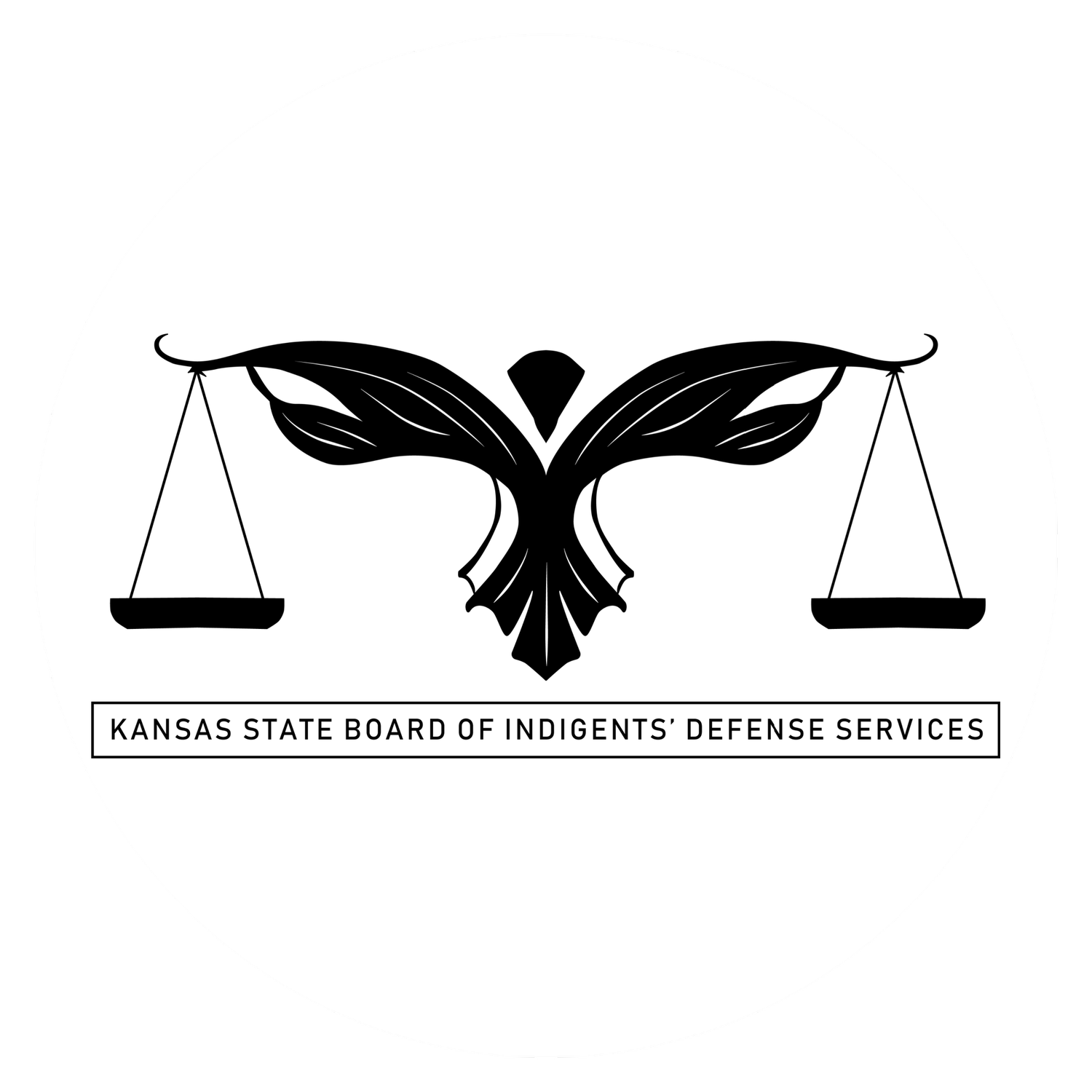Usual Cruelty: The Complicity of Lawyers in the Criminal Injustice System
by C. Sebastian Thomas Orosco, Topeka Conflicts Deputy Public Defender
Kansas Public Defenders are entrusted to ensure the criminal justice system doesn’t turn into a rubber-stamp system. In doing so, clients have no other choice but to rely on Defenders to serve as their voice. As BIDS migrates to the holistic public defense model, Defenders are increasingly challenged to incorporate the human, emotional aspects of a case into their advocacy. How do we recognize and change an unjust system? What role do criminal defense attorneys play in contributing to an unjust system? How do we harness the power of our emotional, human side to advocate? According to Alec Karakatsanis, the answer is that we need a “human lawyer.”
In Usual Cruelty, Karakatsanis demonstrates how the failure of a lawyer to incorporate the human aspect of a case into their advocacy contributes to the problems plaguing the criminal justice system. Kansas public defenders and public interest lawyers will be familiar with the experiences and challenges confronted by Karakatsanis as a law student and as a public defender. The author takes us through a series of essays drafted at various stages of his career: a reflection on the nature of criminal justice system and reform; a score of vignettes, each speaking to a core value that a human l lawyer should possess; and, an account of how lawyers contribute to the problems plaguing the criminal justice system.
We learn how his ideas were shaped by his experiences. He shows us that the practice of law isn’t just about satisfying legal elements for relief, but a journey of empathy and understanding that forms the basis of all law. The emotional aspects of the human mind are just as important as the rote discipline of logic and reasoning. As a lawyer, Karakatsanis sees clearly that the old way of practicing law must change: one must not succumb to a static legal culture, but instead listen, and follow one's intuition and the guide of a strong moral compass.
At times, his recollections strike a nerve. In one chapter he shares the experience of a Louisiana public defender named Julian, who had to work in a broken truck after Hurricane Katrina struck New Orleans. The judge appointed Julian to his twenty-first capital murder case, but ultimately denied Julian's request to be removed from the case because there was “nobody else” to assign. His sobering description reminds us of what we all have experienced as public defenders. “In the fight to improve the lives of marginalized people, the human lawyer has always worked from a broken truck, and every day is hurricane season.” Challenge after challenge, his efforts are thwarted by an unjust system, yet with unyielding perseverance he presses on, advocating and building resilience.
Usual Cruelty is a guidepost for humanizing the legal profession. We must embrace our human, emotional side and use it to enrich our advocacy. This may seem counterintuitive, stemming from years of legal indoctrination and practice. However, Karakatsanis shows us how he incorporated his human side into his advocacy to go on to become a champion for true criminal justice reform. In short, this book is about a lawyer who followed his intuition, dared to challenge a flawed system, and when that didn’t work, he set course to change that system. These are the values that give meaning to the holistic defense model.

